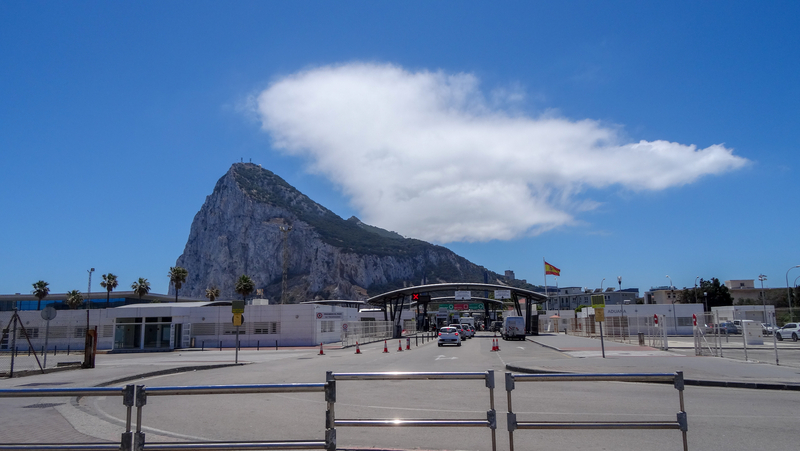Spain has up to 180 days to gradually implement the new Entry and Exit System (EES) at the La Línea border crossing with Gibraltar. This follows a proposal recently approved by the European Parliament’s Committee on Civil Liberties. Parliament’s approval allows for a staggered rollout of the system to avoid a breakdown of the computer infrastructure and facilitate the transition for both authorities and travelers.
The EES will replace manual passport stamping with an electronic register that captures biometric data such as fingerprints and facial images. It will apply to all third-country nationals wishing to enter the Schengen Area, including citizens of Gibraltar and the United Kingdom, unless an international agreement amending these conditions is previously signed. The system allows for automated control of the length of stay in the Schengen area, limited to 90 days within any 180-day period.
As approved, the system will begin rolling out on a date yet to be determined, but is expected to begin in October 2025. At least 10% of border crossings must be registered in the system during the first 30 days, with this percentage gradually increasing to 100% by the end of the 180-day period.
The long-awaited modernization is part of a European strategy to strengthen border security and update migration control mechanisms. Although the SES was adopted in 2017, its activation has been postponed several times, primarily due to technological delays in third countries such as France, Germany, and the Netherlands. The initial launch date was set for November 2024, but was finally set for October 2025.
Regarding the special passage through Gibraltar, the Spanish government ensures that the Schengen Code is fully applied at the border and rejects any instruction that runs counter to the regulations. Unless an agreement is concluded between the European Union and the United Kingdom regarding Gibraltar’s status, all non-EU citizens must comply with the entry requirements set out in Schengen legislation.
The requirements include presenting a valid passport valid for at least three months beyond the intended departure from the Schengen area, providing a reason for the visit, having sufficient financial resources, and adhering to the 90-day stay limit within a 180-day period. Advance authorization will also be required through the ETIAS (European Travel Information and Authorization System), which is scheduled to be operational by the end of 2026.
The introduction of the SES may initially lead to delays and congestion at border crossings, as all travelers will be required to register in the new system for the first time. However, it is expected that once their data is captured through automated biometric verification, controls will be more flexible, without requiring direct intervention by border officials.
The vote in the European Parliament was passed by a large majority (54 votes in favor, 2 against, and 10 abstentions), reflecting the consensus on the need to increase security when accessing the shared space.
At the same time, the Parliament recommended that the system’s introduction should not coincide with peak tourist seasons, such as the summer months or the end-of-year holidays. Contingency mechanisms were also considered in the event of possible technical failures or excessive waiting times.
Meanwhile, rumors continue to circulate in Gibraltar about a possible agreement between the EU, Spain, and the United Kingdom on the colony’s post-Brexit future. However, Gibraltar’s Prime Minister, Fabian Picardo, has categorically denied reports on social media suggesting an imminent announcement of a deal. According to him, the rumors do not reflect the reality of the current negotiations.
For its part, the European Commission continues to emphasize that the effective application of common rules and the digitalisation of border controls are crucial to maintaining mutual trust in the Schengen area. In its latest report, seen by this newspaper, the agency urges member states to accelerate the implementation of the SES and the ETIAS system, as well as to intensify police cooperation and information exchange with third countries.




